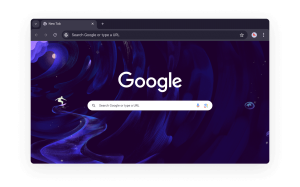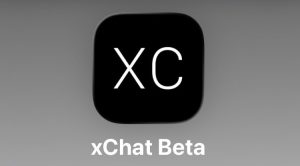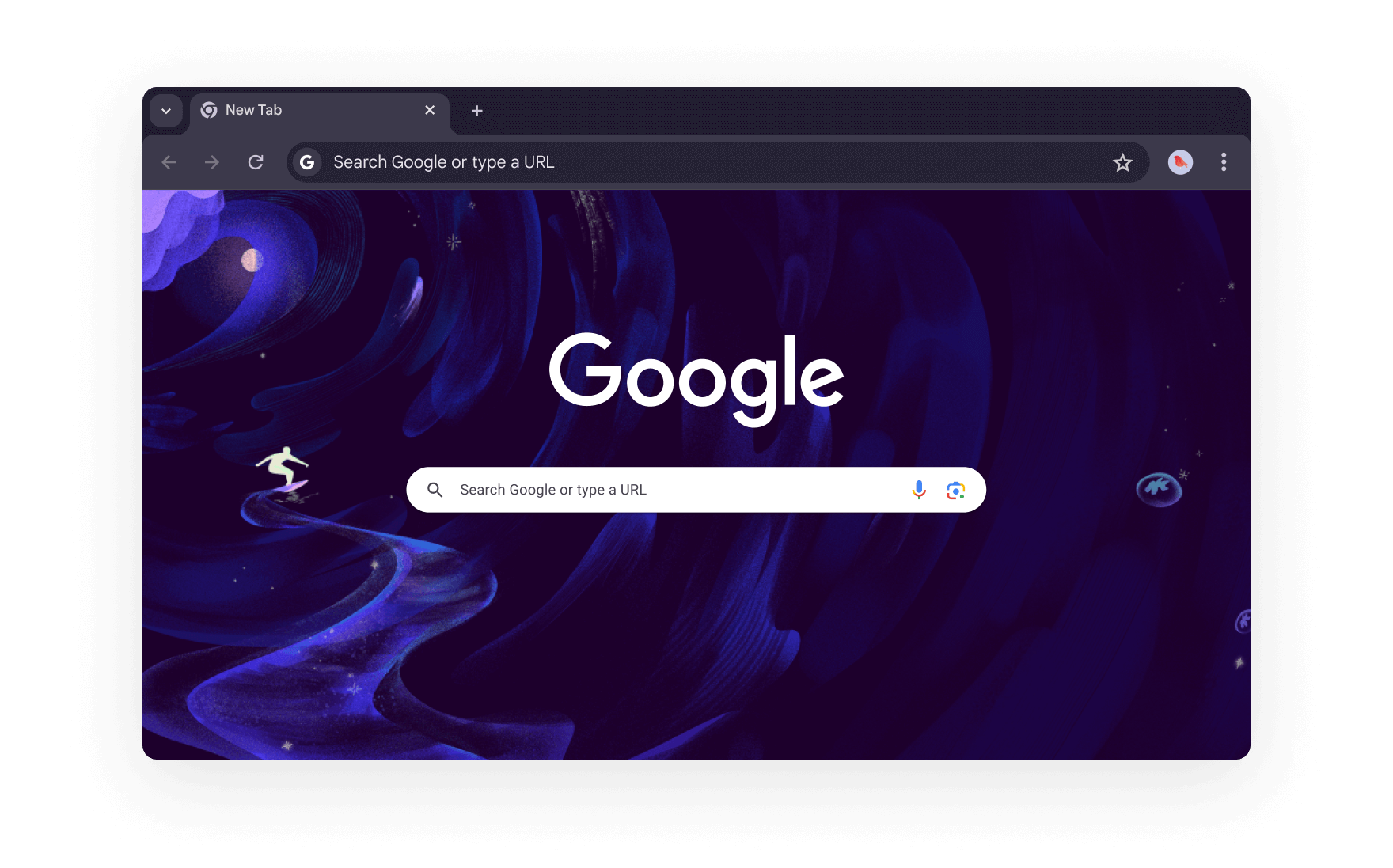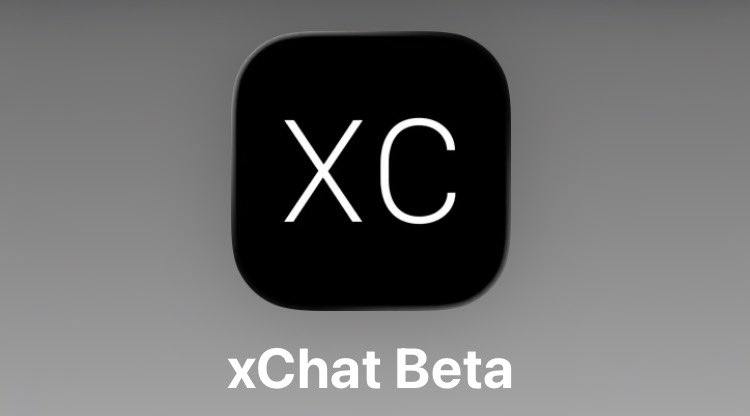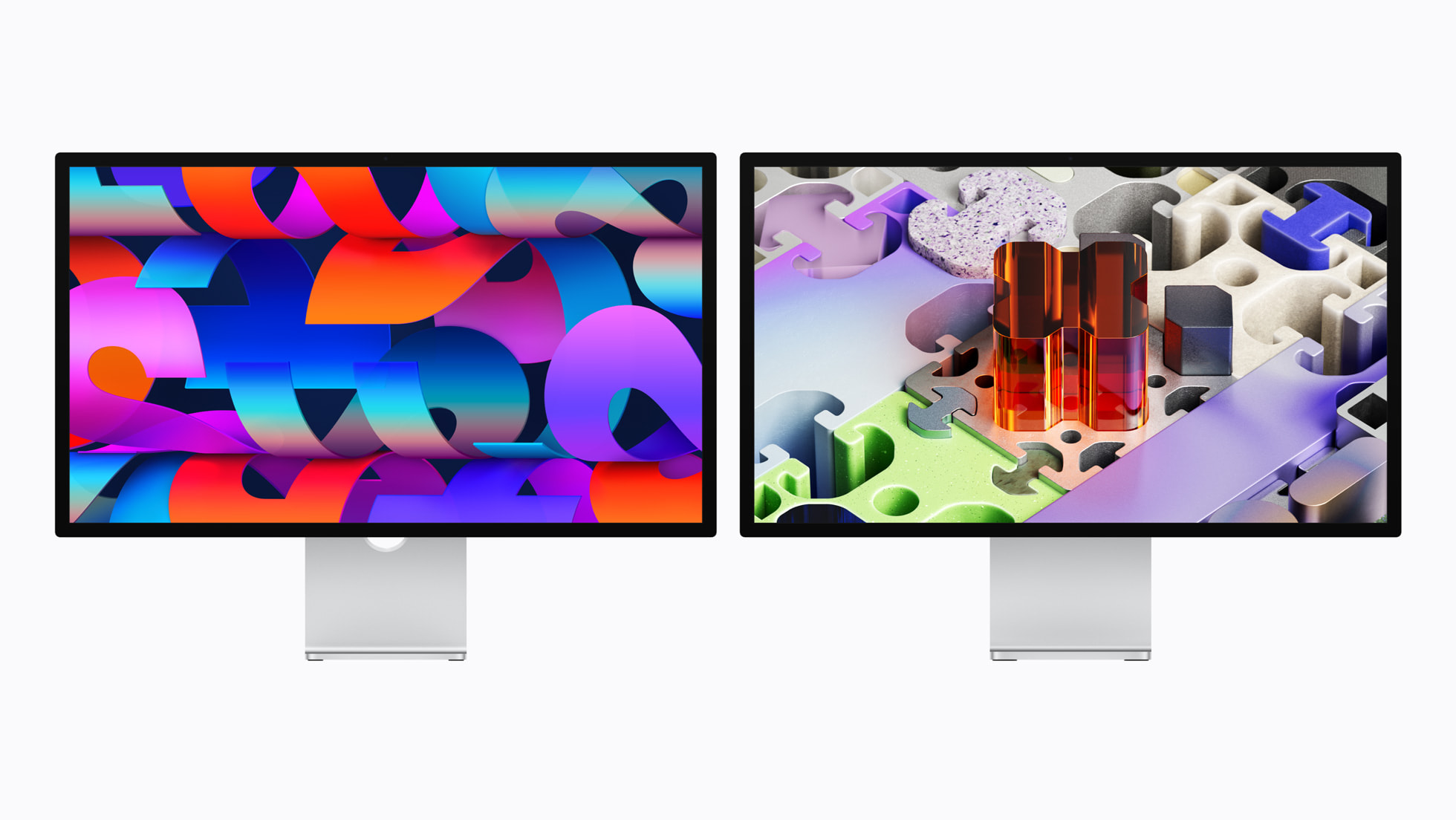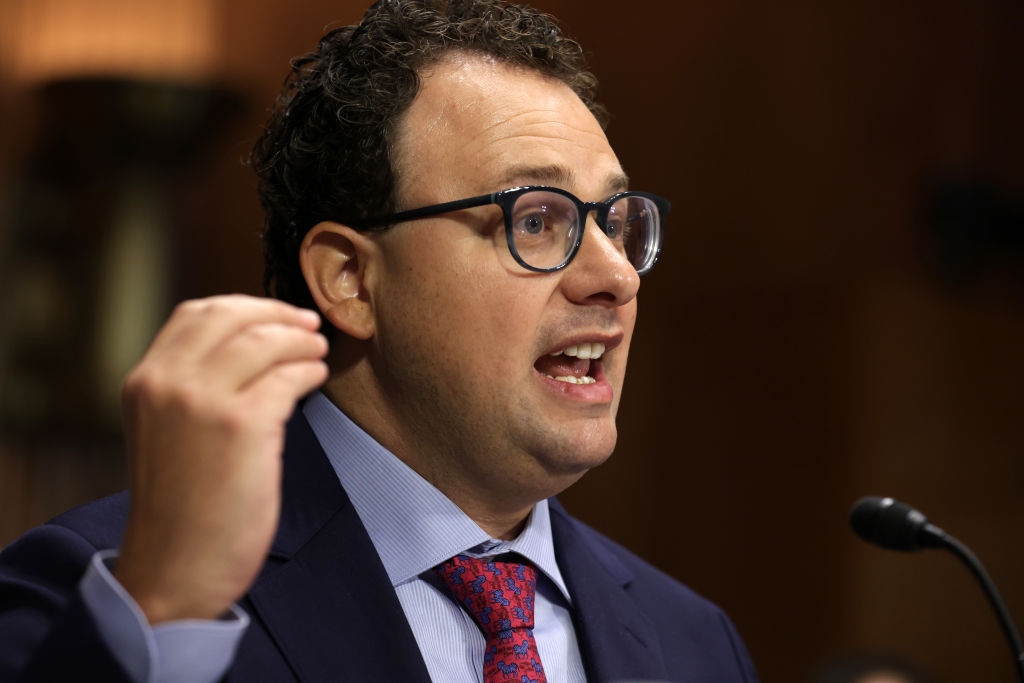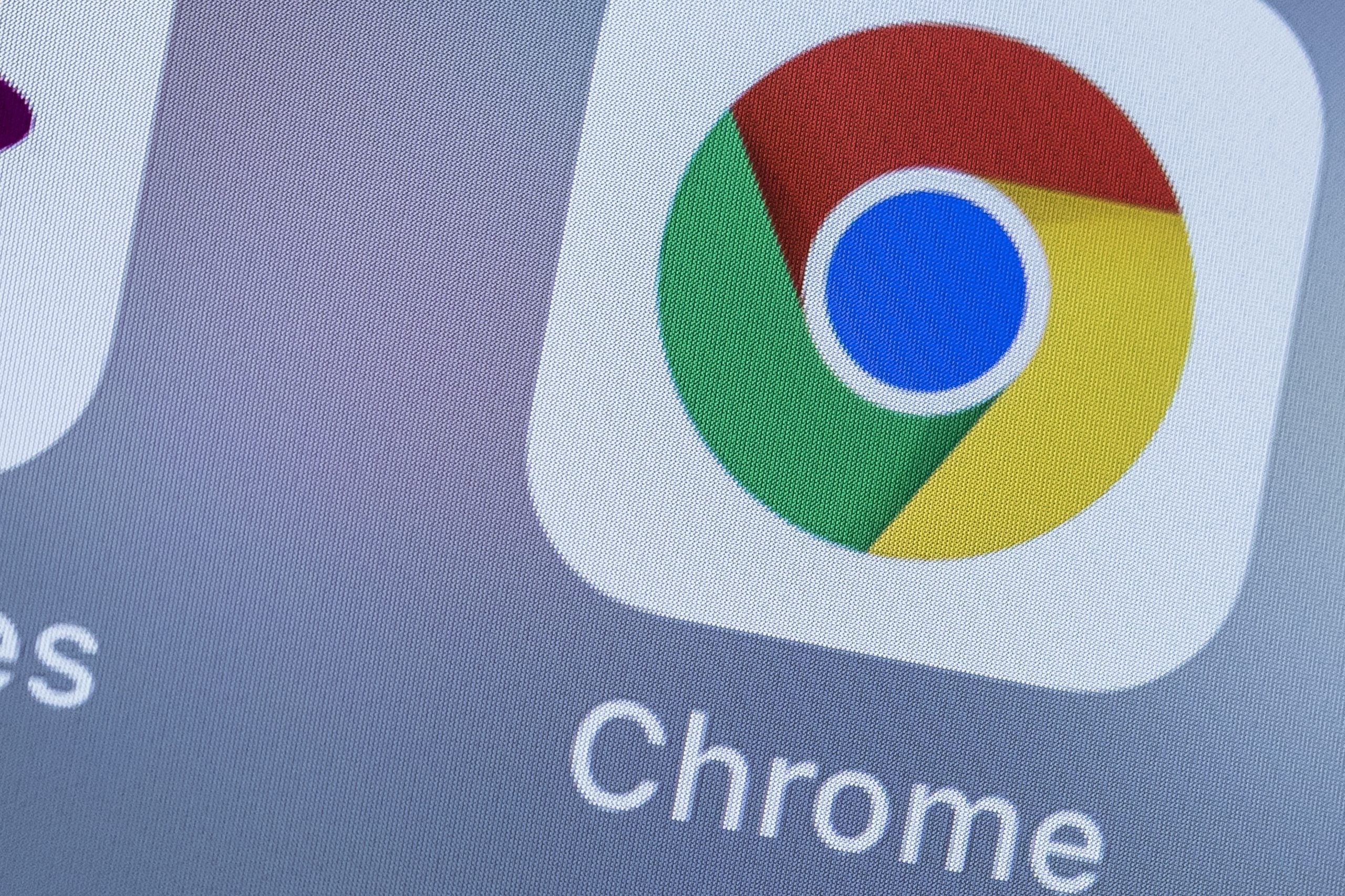
The global streaming leader, Netflix, is reportedly engaged in discussions to acquire licensing rights for video podcasts from iHeartMedia, a prominent American media conglomerate. This potential collaboration, detailed in recent reports, signifies a deepening strategic pivot for Netflix as it seeks to diversify its content offerings beyond traditional films and television series. The move follows a similar agreement forged with Spotify, indicating a clear intention by the streaming giant to establish a significant foothold in the burgeoning video podcast sector, directly challenging YouTube’s long-standing dominance in this space.
The Shifting Sands of Streaming Content
For years, Netflix has been synonymous with on-demand movies and original series, fundamentally altering how audiences consume entertainment. However, the landscape of digital media is in constant flux, marked by intense competition, rising content production costs, and the ongoing quest for subscriber retention and growth in increasingly saturated markets. Major players like Disney+, Max, Amazon Prime Video, and Apple TV+ have carved out substantial niches, pushing Netflix to continuously innovate its content strategy.
This reported pursuit of video podcasts represents a calculated evolution for Netflix. As subscriber acquisition becomes more challenging in mature markets, the emphasis shifts towards enhancing engagement, reducing churn, and attracting new demographics. By integrating popular audio-visual talk shows and interviews, Netflix aims to provide additional value to its existing subscribers while potentially drawing in new audiences accustomed to the free-flowing, personality-driven content characteristic of podcasts. This expansion also aligns with broader industry trends where content categories are blurring, and platforms are striving to be a singular destination for all forms of digital entertainment.
The Rise of the Video Podcast Phenomenon
Podcasting, which traces its origins to the early 2000s, initially thrived as an audio-only format, offering listeners a flexible way to consume news, stories, and discussions on the go. Over the past decade, however, the medium has undergone a significant transformation with the advent and widespread adoption of video podcasts. What began as a simple static image accompanying an audio track evolved into full-fledged video productions, often featuring multiple camera angles, professional sets, and interactive elements.
This evolution was largely propelled by platforms like YouTube, which, despite not being designed specifically for podcasts, became an unintentional hub for the format. Content creators, already familiar with YouTube’s monetization tools and vast audience reach, naturally began uploading video versions of their audio shows. This accessibility, combined with the visual appeal of seeing hosts interact, guests engage, and sometimes even live demonstrations unfold, resonated strongly with viewers. Consequently, YouTube emerged as the undisputed leader in video podcast consumption, reportedly surpassing one billion monthly active podcast viewers earlier this year. The format’s appeal lies in its authenticity, its ability to foster a deeper connection between creators and their audience, and its often more informal, conversational style compared to highly produced television.
iHeartMedia’s Extensive Portfolio and Market Clout
iHeartMedia stands as a behemoth in the American audio landscape, boasting a vast network of radio stations and a formidable presence in the digital audio and podcasting realms. The company has strategically invested heavily in podcasting, building a diverse and extensive catalog that spans various genres and attracts millions of listeners. Its portfolio includes a wide array of popular shows, from cultural touchstones like "The Breakfast Club," known for its impactful interviews and discussions, to critically acclaimed series such as "Las Culturistas," offering comedic insights into pop culture. Other notable productions like the motivational "Jay Shetty Podcast" and the educational "Stuff You Should Know" further highlight the breadth and depth of iHeartMedia’s content.
Securing licensing agreements with a content provider of iHeartMedia’s caliber would instantly grant Netflix access to a treasure trove of established, high-quality programming with built-in fan bases. This partnership could provide Netflix with a significant library of ready-to-stream video content, bypassing the time and expense associated with developing original productions from scratch. For iHeartMedia, a deal with Netflix represents an opportunity to expand its audience reach dramatically, tap into new monetization avenues, and further solidify its position as a leading producer of premium podcast content.
A Precedent Set: The Spotify Partnership
The reported talks with iHeartMedia are not an isolated initiative but rather a continuation of Netflix’s broader strategy, following closely on the heels of a similar deal struck with Spotify. Announced just weeks prior, the Spotify partnership outlined a plan to bring a curated selection of video podcasts from Spotify Studios and The Ringer, Spotify’s acclaimed sports and culture podcast network, to Netflix. These shows encompass a range of popular categories, including sports analysis, cultural commentary, lifestyle discussions, and true crime narratives.
A key stipulation of the Spotify agreement, mirroring the conditions reportedly sought in the iHeartMedia negotiations, involves content exclusivity. Specifically, podcasts licensed from Spotify for Netflix will be removed from YouTube. However, they will notably remain available on Spotify itself, reflecting a nuanced approach to exclusivity that seeks to drive traffic to Netflix while preserving the original platform’s access. It is important to note that some of Spotify’s most prominent exclusive shows, such as "The Joe Rogan Experience," are not part of this Netflix deal and will continue to be available on YouTube, illustrating the complex web of content rights and strategic carve-outs in major licensing agreements. This earlier deal serves as a clear indicator of Netflix’s blueprint for integrating video podcasts into its ecosystem.
The Exclusivity Play: Challenging YouTube’s Hegemony
Netflix’s insistence on exclusivity for these licensed video podcasts represents a direct challenge to YouTube, which has historically functioned as the de facto open platform for video content, including podcasts. By requiring that licensed video podcasts be pulled from YouTube, Netflix is attempting to create a "walled garden" for this specific content, compelling viewers who wish to watch these shows to subscribe to its service. This strategy is reminiscent of how Netflix initially built its empire with exclusive film and television content.
The implications of this exclusivity are far-reaching. For viewers, it means a more fragmented content landscape, potentially requiring subscriptions to multiple services to access all desired video podcasts. For content creators and networks like iHeartMedia, it presents a trade-off: greater financial remuneration and promotional power from Netflix versus the broader, often organic, reach offered by YouTube. While YouTube offers a massive audience and robust advertising infrastructure, Netflix promises a dedicated platform with a global subscriber base, potentially higher production standards for integration, and a distinct revenue model. This strategic move by Netflix underscores a broader trend in the streaming wars where platforms are increasingly vying for exclusive rights to popular content to differentiate themselves and capture a larger share of consumer attention.
Strategic Motivations and Potential Benefits
Netflix’s venture into video podcast licensing is driven by several key strategic motivations. Firstly, it offers a fresh avenue for subscriber acquisition and, crucially, retention. In a highly competitive market, providing diverse content forms, particularly those with strong fan engagement, can help reduce churn. Video podcasts often foster a deep sense of community and loyalty around their hosts, which Netflix hopes to leverage.
Secondly, this move allows Netflix to tap into new demographics. Podcast audiences are diverse, and by licensing shows that cater to various interests and cultural groups, Netflix can broaden its appeal beyond its traditional film and TV viewers. This is particularly relevant as Netflix seeks to grow its international subscriber base and diversify its global content library.
Thirdly, video podcasts could offer a more cost-effective content strategy compared to the multi-million-dollar budgets often required for original scripted series and films. While licensing still involves significant investment, it can provide a high volume of engaging content at a potentially lower per-hour cost, improving content library efficiency. Moreover, the format is highly conducive to advertising, which is increasingly important for Netflix following the introduction of its ad-supported tiers. Video podcasts could become a significant new inventory for advertisers, generating additional revenue streams.
Finally, by positioning itself as a destination for video podcasts, Netflix aims to capture a larger share of consumers’ overall media consumption time, directly competing with platforms like YouTube for daily engagement. The goal is to make Netflix an indispensable part of users’ daily media habits, whether they are watching a blockbuster film, a documentary series, or a favorite video podcast.
Challenges and Considerations
Despite the strategic advantages, Netflix’s foray into video podcasts is not without its challenges. One significant hurdle is user behavior and discoverability. Netflix’s user interface is primarily designed for episodic narratives and films, not necessarily for the often longer, standalone, or irregularly scheduled format of podcasts. Integrating this new content type seamlessly and making it discoverable for users accustomed to traditional Netflix browsing will be critical.
Another challenge lies in the competitive landscape. While Netflix aims to challenge YouTube, established audio podcast platforms like Spotify and Apple Podcasts have deeply ingrained user habits. Convincing users to shift their video podcast consumption to Netflix, especially for shows they may have followed for years on other platforms, will require a compelling value proposition. The cost of licensing, especially for exclusive rights to popular shows, could also be substantial, adding to Netflix’s already considerable content expenses. There’s also the potential for backlash from some content creators or their loyal fan bases who may resist the move to an exclusive, subscription-based platform if it fragments access or disrupts their established viewing routines.
The Future of Digital Content Consumption
Netflix’s reported talks with iHeartMedia, building on its Spotify deal, signal a significant shift in the company’s content strategy and reflect a broader transformation within the digital media industry. The lines between different content formats — films, TV series, documentaries, and now podcasts — are blurring, and platforms are striving to become comprehensive entertainment hubs. This aggressive push into video podcasts underscores the ongoing battle for consumer attention and the strategic importance of diversifying content offerings to maintain relevance and growth. As streaming services continue to evolve, the integration of new and engaging formats like video podcasts will undoubtedly play a crucial role in shaping the future of how audiences discover and consume digital content. The coming years will reveal whether Netflix’s bold move will successfully redefine its position in the streaming wars, solidifying its status as a multifaceted entertainment powerhouse.

